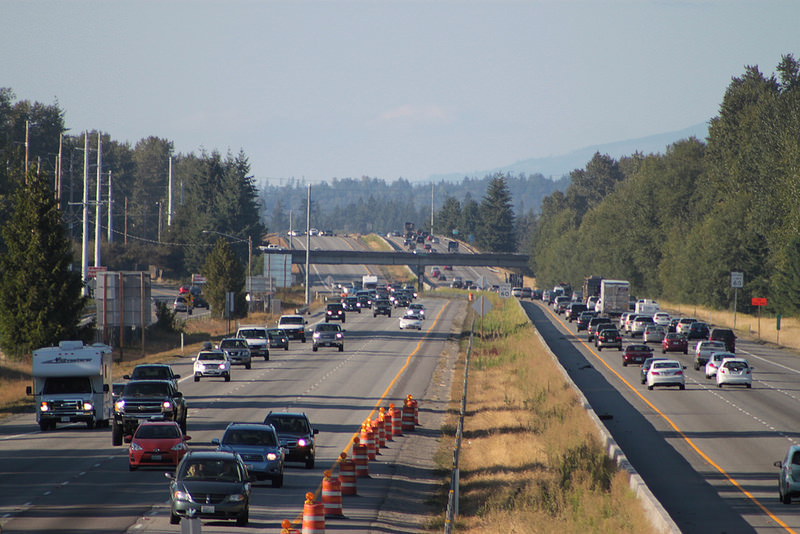| I remember the day my wife’s grandfather no longer could drive safely. That wasn’t his assessment, of course. The man who used to regale us with stories about his first Model T still wanted to get behind the wheel and go. He just couldn’t always remember how to do it. It wasn’t the state’s assessment, either. Not too long before, he had told me in a telephone conversation |
| | that he passed the Washington state driver’s test once again and was, “good until I’m 101.” He almost made it that far before natural causes took him. But for the last few years, my father-in-law made sure the battery in granddad’s car was disconnected, which was easier than making him surrender his keys. I’m guessing this is a common experience. Getting an otherwise healthy elderly person to give up the autonomy of the open road is a challenge that can tax relationships and threaten familial bliss. So I wonder … would things have been different if driverless cars had been available? The answer is maybe, but only if states begin passing laws that make it so. Utah has a long way to go. For instance, granddad may have passed that driving test at age 96, but many other elderly people are not so lucky. For them, a driverless car would seem the ideal solution. But should they be allowed to operate one without a valid license, even if that means only pushing a button to program a frequent destination? What about a child? At what age can someone be placed by mommy in a car she has programmed to take him or her to school and return empty to the garage? Would police pull over and arrest the child for being alone in such a car, or arrest the parent? Could a car legally drive with no one inside? Instead of age limits, should laws be changed so that someone merely must demonstrate the ability to program a destination in order to receive a special driverless car license? What would that do to the elderly grandparent who can’t operate a computer? And how about those prudent laws against texting while driving? If the car is doing the driving, what’s the danger? More importantly, how could police determine whether the person texting in the driver’s seat is in control of the vehicle? And what about the driverless cars, themselves? Should the state require them to pass some sort of test in order to prove their worthiness for the road? Many people may have assumed the biggest legal challenge involved with driverless cars will be determining liability in the case of an accident. This is important, but as some experts have said, current liability laws will steer most of this. It’s the host of ancillary issues that ought to be concerning state legislatures now. Some of them already are hard at work. Nevada, for instance, has a law that outlines rules for licensing, operating, testing an insuring driverless cars. It also has a law that allows the use of handheld communication devices in such cars. The District of Columbia has a law that requires the driver of such a car to be capable of taking control of the vehicle “at any moment,” which seems to leave granddad and little junior out of the picture. Perhaps that is best at the moment, given where we are in this emerging technology. However, standing still and doing nothing legislatively is not a good place to be. Things are moving quickly. The Deseret News reported Saturday on how at least one driver in Utah has downloaded Tesla’s new software upgrade, allowing the car to take over most of the driving, except stopping for red lights. Tesla says the software is safe in traffic, but should the state just take its word? U.S. Transportation Secretary Anthony Foxx visited an auto show in Germany recently and, according to driverless-future.com, said he believes driverless cars will be commonplace in 10 years. A number of manufacturers probably would move that up by several years. For the sake of all those grandparents and little kids out there, Utah lawmakers should begin tackling these issues now. |


 RSS Feed
RSS Feed

